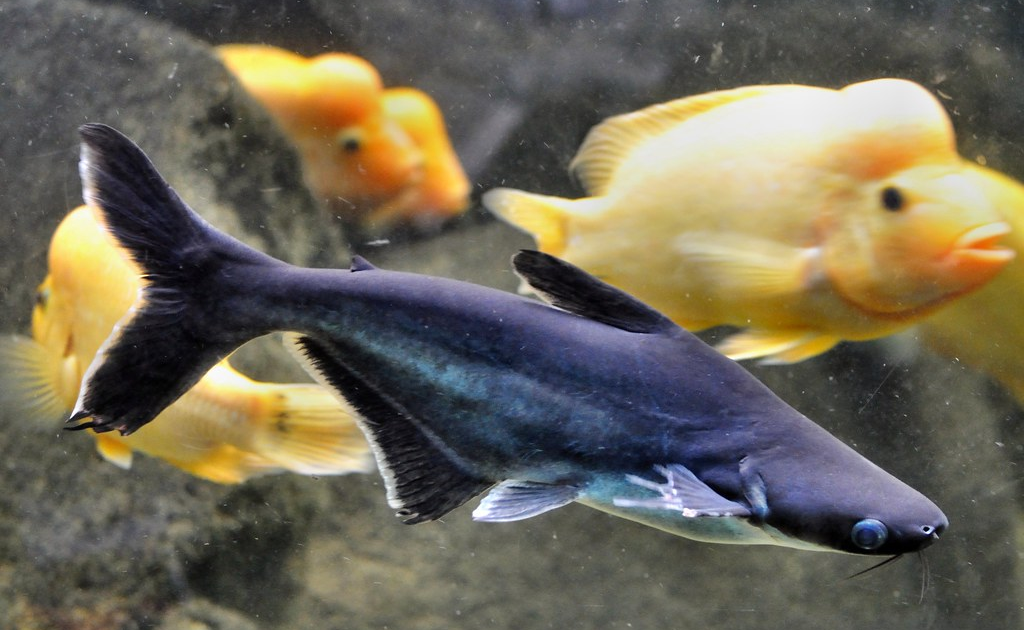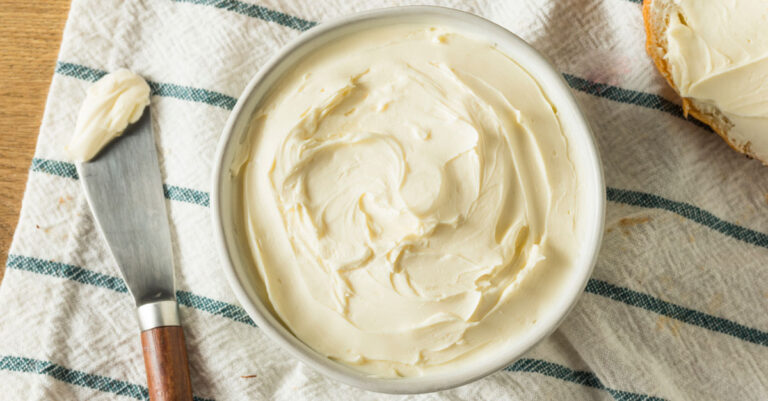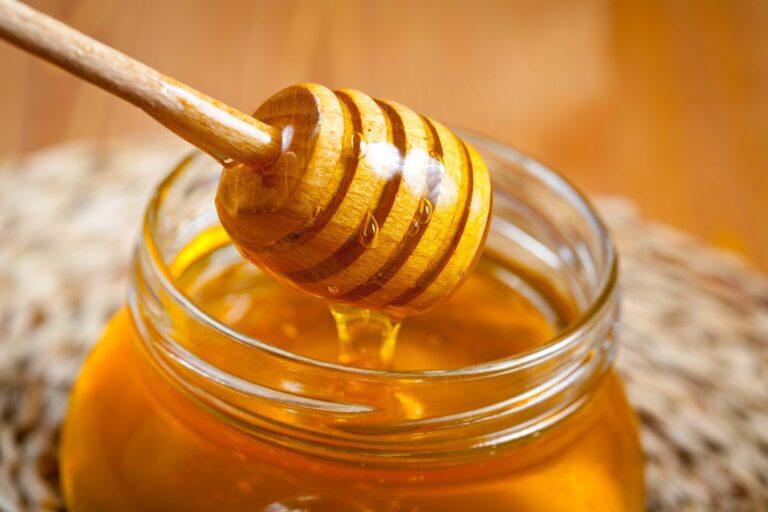Is Basa Fish Safe to Eat in the UK?
When it comes to making informed choices about what we eat, safety is paramount. In the UK, the question of whether Basa fish is safe to consume has been a topic of discussion for many. If you’re curious about the safety of indulging in this delicate, white-fleshed fish, you’ve come to the right place.
Yes, Basa fish, like all fish, carries some potential risks due to contaminants like mercury and PCBs. These substances can accumulate in the body and be harmful. But you can still safely enjoy it with some guidelines.
Let’s explore the waters of this culinary curiosity together, ensuring you have all the facts you need for a safe and delightful dining experience.
What is Basa fish?

Basa fish, scientifically known as Pangasius bocourti, is a type of freshwater fish native to Southeast Asia, particularly the Mekong River Delta in Vietnam. It is also commonly referred to as “swai” or “tra” fish.
Further, it has become popular in many parts of the world due to its mild flavor, affordability, and versatility in various culinary dishes. The low cost of it is one of the reasons it is so popular. It is inexpensive to grow and harvest, making it competitively priced even when sold internationally.
Moreover, Basa fish is a white-fleshed fish with a mild, slightly sweet taste and a tender texture. It is often compared to other white fish varieties like cod or haddock. It is typically available as fillets and can be prepared in numerous ways, including baking, grilling, frying, and broiling. It is a good source of lean protein and is known for being low in calories.
As with any seafood, it’s important to ensure that you purchase it from reputable sources to ensure its quality and safety.
Is Basa Safe to Eat?
Yes, Studies have indicated that the levels of heavy metal residues in Basa fish are within safe limits. Nevertheless, there are concerns about the farming practices and environmental conditions in which Basa fish is produced, which may elevate the risk associated with this fish.
Moreover, farming ponds are susceptible to contamination, leading fish farmers to use chemical agents and drugs to control pathogens and parasites. Some studies have found that imported catfish, including it from Vietnam, did not always meet international safety standards. Traces of veterinary drugs, including antibiotics, were found in concentrations exceeding legal limits in some cases.
Additionally, Vibrio bacteria, a common cause of food poisoning, were detected in a significant proportion of catfish exported to certain European countries.
To minimize the potential risks associated with Basa fish and other seafood
- Proper Storage: To maintain freshness and safety, store it in a refrigerator at a safe temperature, typically below 5°C or 41°F. It’s important to use it within the recommended timeframe to prevent spoilage.
- Cook Basa fish thoroughly: Cooking fish to an internal temperature of 145°F (63°C) can help eliminate potential pathogens and parasites. The flesh should turn opaque and flake easily when properly cooked.
- Avoid consuming raw or undercooked Basa fish: This reduces the risk of foodborne illnesses.
- Choose reputable sources: Buying from trustworthy seafood suppliers can help ensure the quality and safety of the product.
- Stay informed about food safety alerts: Pay attention to any advisories or recalls related to Basa fish or other seafood products issued by food safety authorities.
- Avoid Cross-Contamination: Practice proper food handling and hygiene measures to prevent cross-contamination with other foods in your kitchen. This minimizes the risk of foodborne illnesses.
- Stay Informed about Recalls: Keep yourself informed about any food safety recalls or advisories issued by food safety authorities in your region. Staying updated ensures that you are aware of any specific concerns related to it or other food products.
The Health Benefits of Basa Fish
Numerous observational studies suggest that people who incorporate more fish into their diets tend to live longer. Research indicates that individuals with higher levels of omega-3 fats in their bloodstream, which can be obtained from fish also enjoyed a life that extended over two years longer than those who consumed less fish.
While these studies can’t establish a direct cause-and-effect relationship, they strongly hint that fish like Basa can be a valuable addition to your diet.
Guarding Against Heart Disease: Fish enthusiasts also tend to have a lower risk of heart disease. This benefit is often attributed to oily fish with their rich omega-3 fatty acids. However, even leaner fish like it have been linked to lower cholesterol levels, potentially reducing the risk of heart disease. This implies that the inclusion of white fish like Basa in a balanced diet might yield heart health.
A Protein Powerhouse: akin to other white fish, serves as an excellent source of high-quality protein. It plays a vital role in your body, aiding in tissue growth, repair, and the production of essential enzymes. A 4.5-ounce (126-gram) serving of Basa boasts 22.5 grams of high-quality, complete protein, containing all nine essential amino acids required from your diet.
Calorie-Conscious Choice: If you’re striving to manage your calorie intake, it is a smart option. A 4.5-ounce serving contains a mere 160 calories, making it an ideal choice for calorie-conscious individuals.
Moreover, some studies suggest that fish proteins can enhance feelings of fullness, outperforming other animal protein sources. For instance, one study revealed that fish protein had the greatest impact on satiety compared to chicken and beef.
Nutrition Of Basa fish
| Nutrient | Measurement |
| Calories | 158 |
| Protein | 22.5 grams |
| Fat | 7 grams |
| Saturated fat | 2 grams |
| Cholesterol | 73 mg |
| Carbohydrates | 1 gram |
| Sodium | 89 mg |
FAQs
Is it OK to eat basa fish?
Yes, it is generally safe to eat basa fish when sourced from reputable suppliers and cooked properly.
Can Muslims eat basa fish?
Yes, basa fish is generally considered halal for Muslims to consume as it is a type of fish.
Where does UK basa fish come from?
UK basa fish is typically imported from countries in Southeast Asia, with Vietnam being a major source.
Is basa a high mercury fish?
No, basa fish is generally considered a low-mercury fish, making it a safer choice, especially for pregnant women and young children.
Is Basa better than tilapia?
Both basa and tilapia are mild-tasting, low-calorie fish. The choice between them depends on personal preference, as both are good sources of lean protein.
Is Basa fish wild or farmed?
Basa fish is typically farmed rather than caught in the wild. It is produced through aquaculture in freshwater environments.
Final Words
To sum up, Basa fish is generally safe to eat in the UK. It’s known for its mild taste and affordability, making it a popular choice. To enjoy it safely, buy it from trusted sources, store it correctly, cook it thoroughly, and follow general food safety rules.
However, keep in mind that like any food, there are some concerns. Make sure to stay informed about food safety updates. Overall, it can be a tasty and safe addition to your meals when you take the right precautions.







